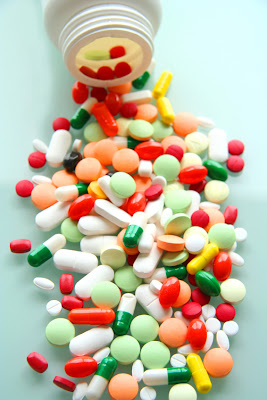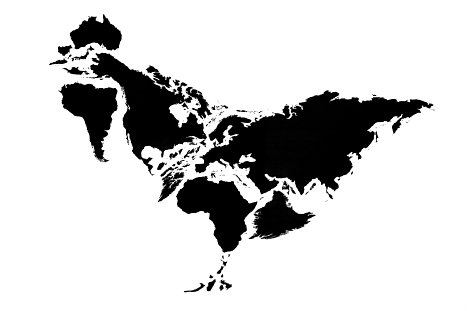Written by Jason Parham
 In this week’s cover story, writer Keegan Hamilton investigates the controversy surrounding ibogaine, the experimental hallucinogen drug that has helped kick meth and heroin addictions.
In this week’s cover story, writer Keegan Hamilton investigates the controversy surrounding ibogaine, the experimental hallucinogen drug that has helped kick meth and heroin addictions.
Ibogaine is illegal, even though its power to cure addicts has been proven. Hamilton’s story describes the many reasons the medical establishment and the government are wary of Ibogaine, despite its benefits, but one of them really stood out:
Because Ibogaine is an outright cure, drug companies want nothing to do with it.
Martin Kuehne, a chemist at the University of Vermont, is quoted in the story, saying, “Pharmaceutical companies don’t like cures. Really, they don’t — that’s the sad thing. They like treatment. Something for cholesterol or high blood pressure that you take for years and years, every day. That’s where the profit is.”
When we read that, a light went on. The worst thing for a drug company is a pill you take that completely cures you of your ailment with one dose, right? Where’s the money in that?
So, with that in mind, we thought we’d test Kuehne’s theory, and look at the five most profitable drugs in the United States.
Guess what they all have one in common? They never cure you.
1) Lipitor (2009 gross revenue: $7.5 billion): Designed to lower cholesterol, Lipitor uses statins to decrease LDL cholesterol and triglyceride levels and increase HDL cholesterol levels. Studies indicate that high cholesterol increases one’s chance for heart disease, the leading health problem in the U.S.
2) Nexium (2009 gross revenue: $6.3 billion): This well-marketed drug decreases the amount of acid produced in the stomach, but it’s not an instant cure for heartburn.
3) Plavix (2009 gross revenue: $5.6 billion): Nobody likes a nasty blood clot, and this drug prevents that from happening, particularly after a stroke or a heart attack. The downside: Plavix increases your chances of small-injury bleeds and, if drinking alcohol, heightens your risk of stomach and intestinal bleeds.
4) Advair Diskus (2009 gross revenue: $4.7 billion): For asthma sufferers, a twice-daily inhaler to reduce the swelling in your respiratory system. Helps keep attacks from being more severe.
5) Seroquel (2009 Gross: $4.2 billion): Rounding out our top 5 is Seroquel, an anti-psychotic drug that treats schizophrenia, severe depression, and bipolar disorder by altering chemical activity in the brain.
Bonus: TIL the continents can be rearranged to form a chicken

Hello.This post was extremely interesting, especially since I was looking for thoughts on this subject last couple of days.